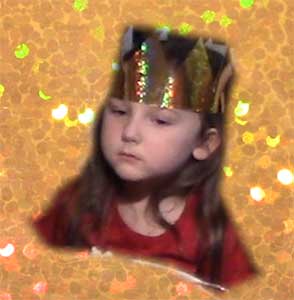My whole life the thinking on mitochondria was that the DNA for that was passed only from the Mother. Our own DNA comes from both parents but not that of the symbiotic bacteria that power all of our cells.
That has led many people down the path of searching for an original Eve. The single female from which all of us are descended. Maybe.
Well it turns out that mDNA can be inherited from the Father as well. As discussed in this article in TheConversation new research has shown, conclusively, that this happens.
So what will happen to all the research already done that assumed otherwise? Guess it will all have to be reconsidered at a minimum.
An aside to this: as I was discussing this with the only other person in the room at the time a side-track of thought had me asking if the mDNA is really yours in a legal sense.
Your nuclear DNA, the stuff that makes you uniquely you and me me is definitely your own in a sense that could be legal.
But that mDNA . . . that’s a bacteria that lives within your cells. Is that ‘yours’ from a legal point of view?
Try this mental exercise:
IF I could exchange the mDNA in the cells in your body with mDNA from cells in some other (mine for instance) human body (essentially replacing your mitochondria with mine) then I have three questions:
1 – would that work? Would the replacement mitochondria carry on supplying energy for the host cells in a way that doesn’t create problems?
2 – if the answer to Question 1 is Yes then would that mean that ‘you’ are any different from the ‘you’ you were before the switch?
3 – IF Q1 has a Yes and Q2 has a Yes then can we really say mitochondria are specific and ‘ownable’?








